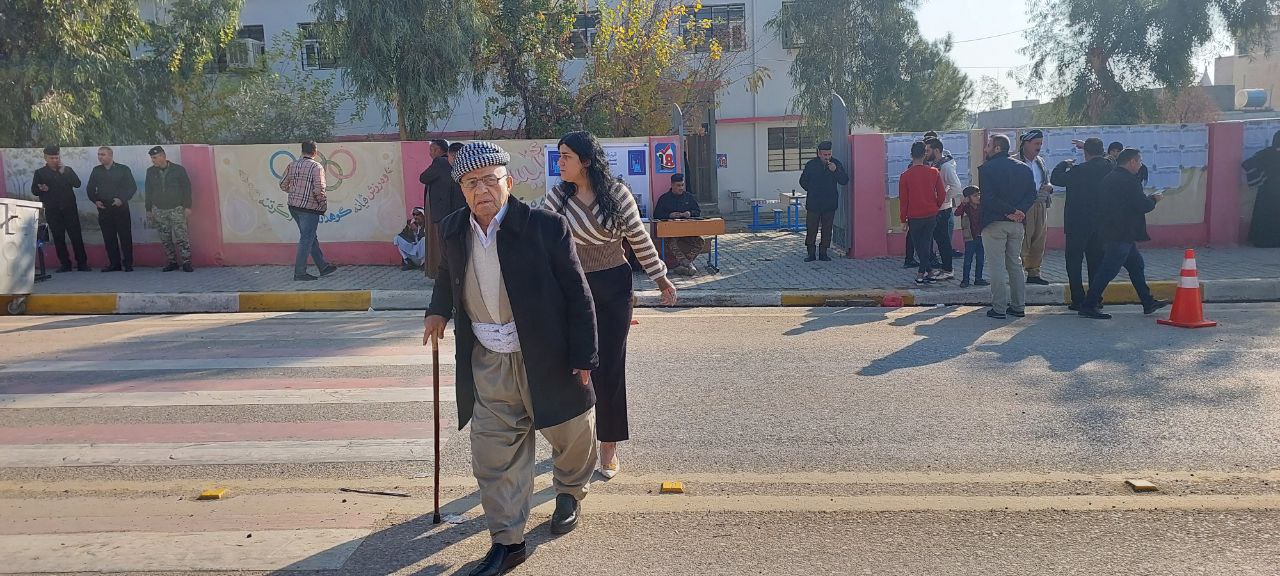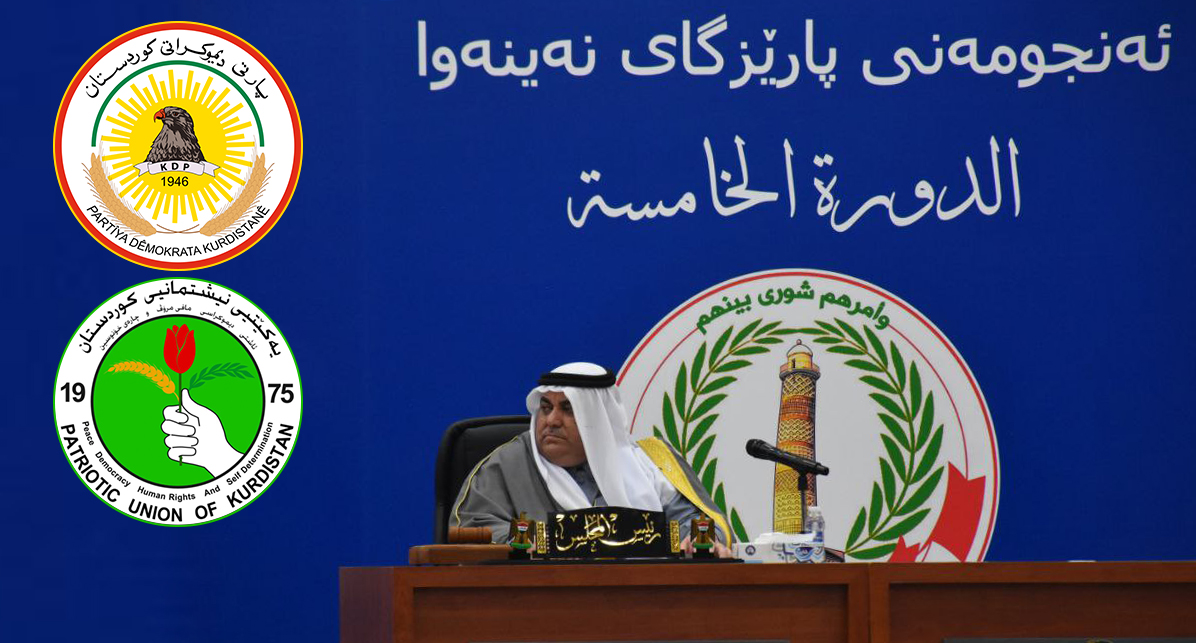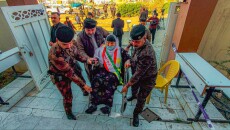The Kurdish political parties in Nineveh will have their share in the new administration of the governorate, represented by the position of deputy governor and two or three general directors, after they held double these positions in the previous administration.
So far, five positions have been determined in Nineveh local administration, namely the position of the governor and his two deputies, and the head of the provincial council and his deputy, of which the Kurds, namely the Kurdistan Democratic Party KDP have only the position of deputy governor.
“The distribution of positions was based on the number of seats won by the blocs. Many of the positions have not yet been distributed and it is not known what the Kurds’ share of them will be, but we will likely get two or three general director positions,” according to Ahmed Nazim Al-Dobardani, a member of the Nineveh Provincial Council for the. Kurdistan Democratic Party KDP bloc.
The Kurds won six seats out of 29 seats in the Nineveh Provincial Council, four for the KDP led by Masoud Barzani, the leading party of Kurdistan Regional Government KRG, and two seats for the Patriotic Union of Kurdistan PUK, led by Bafel Talabani, son of late Iraqi president Jalal Talabani after they ran in the elections with four different lists and alliances.
Al-Dobardani told KirkukNow that "participating with different blocs was the reason behind the decline in the number of Kurdish seats."
In the previous Nineveh Provincial Council elections held in 2013, the Kurds won 11 seats out of a total of 37 seats. In the first elections that took place in 2005, the Kurds won 31 seats out of 41.
According to KirkukNow’s follow-up, after 2013, the Kurds formed the main component and decisive voice in the local government of Nineveh Governorate, and within the framework of an agreement, they assumed the position of Chairman of the Council, Deputy Governor, and many other senior positions, including Assistant to the Governor, General Directors, District mayors, and Director Generals.
The Nineveh Governorate Council consists of 29 seats, and according to the election law, obtaining the position of governor requires achieving a ratio of 50 + 1, that is, the votes of 15 members of the Council.
The Nineveh Unified Bloc has half the votes of the governorate’s voters (449,980 votes out of a total of 909,269 votes) and 13 seats, but it still needs two more seats to be able to form the local government, as the election law requires ensuring a majority (50 + 1), meaning at least 15 seats out of the 29 seats in the Nineveh Provincial Council to elect the governor and the head of the council.
Muhammad Jassim Al-Kaka’i, head of the National Union Bloc in the Provincial Council, told (Kirkuk Now) that “the Kurds previously constituted a majority in the Council, but now they have become a minority... I believe that the Kurds’ share in the new administration will be one or two general director positions.”

Most of the Sunni and Shiite parties met separately after the elections in the framework of alliances before entering the negotiations, unlike the KDP and PUK, which each entered the negotiations to form the local government separately.
“We tried a lot to reach an agreement with the Kurdistan Democratic Party and participate together in the sessions for deciding positions, but they refused and preferred to enter into negotiations with the Nineveh Unified Bloc, while we are close to the Coordination Framework Bloc.” Said Jassim who assured PUK Bloc would obtain the position of director general for one of the state directorates in the province.
The unified Nineveh bloc (13 seats) consists of six parties and alliances of Sunni Arabs. In contrast, the majority of the Shiite forces are known as the Coordination Framework. The two main fronts previously agreed to distribute positions.
Rifaat Sammo, Assistant Governor of Nineveh for Administrative Affairs - who is still in the position for the Kurds’ share - told (KirkukNow), “If positions are distributed based on the number of seats, the Kurds will lose many positions... at a time when the Kurds are still divided and they are not united, the Democratic Party with the unified Nineveh bloc and the Patriotic Union of Kurdistan with the coordination framework.”
Sammo suggested that the two Kurdish parties participate together in negotiations to distribute the remaining positions.
General voting for the provincial council elections was hold on December 18, 2023, throughout Iraq, excluding the Iraqi Kurdistan Region IKR. These elections were of great importance for the disputed territories in general and Kirkuk especially, as they have not been held in the governorate for 18 years due to disagreements between its components.
According to the figures by the Iraqi Independent High Electoral Commission IHEC, over 15 million Iraqis were entitled to participate in general voting to nominate 285 members for the provincial councils.
The provincial councils have administrative and financial power as they draw the plan for the reconstruction of the province, and maintenance of the public services in addition to the nomination of the governor, his deputies, and the director generals of the government offices in the province.
It is not yet clear what other positions will be included in the negotiations, given that the law stipulates the necessity of holding district council elections, the date of which has not yet been set. It is not known whether they will be held or not, as Nineveh Governorate includes more than 35 districts and sub-districts.
“According to the law, district council elections must be held, and the district council to be elected within the District Council. Thus, the distribution of district council positions will be in the interest of the Kurds, given the presence of a large number of Kurdish people in the Nineveh Plain region.”






